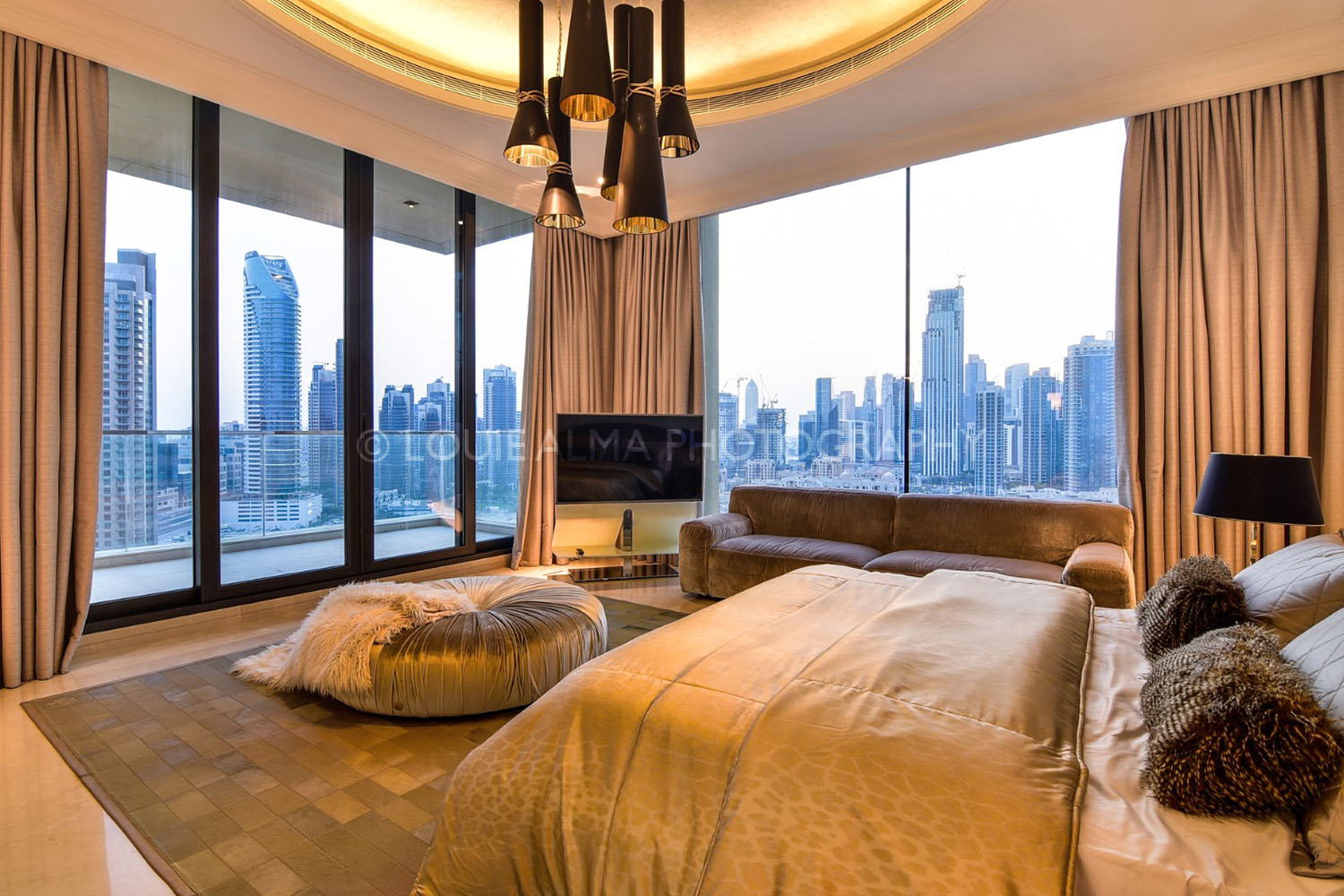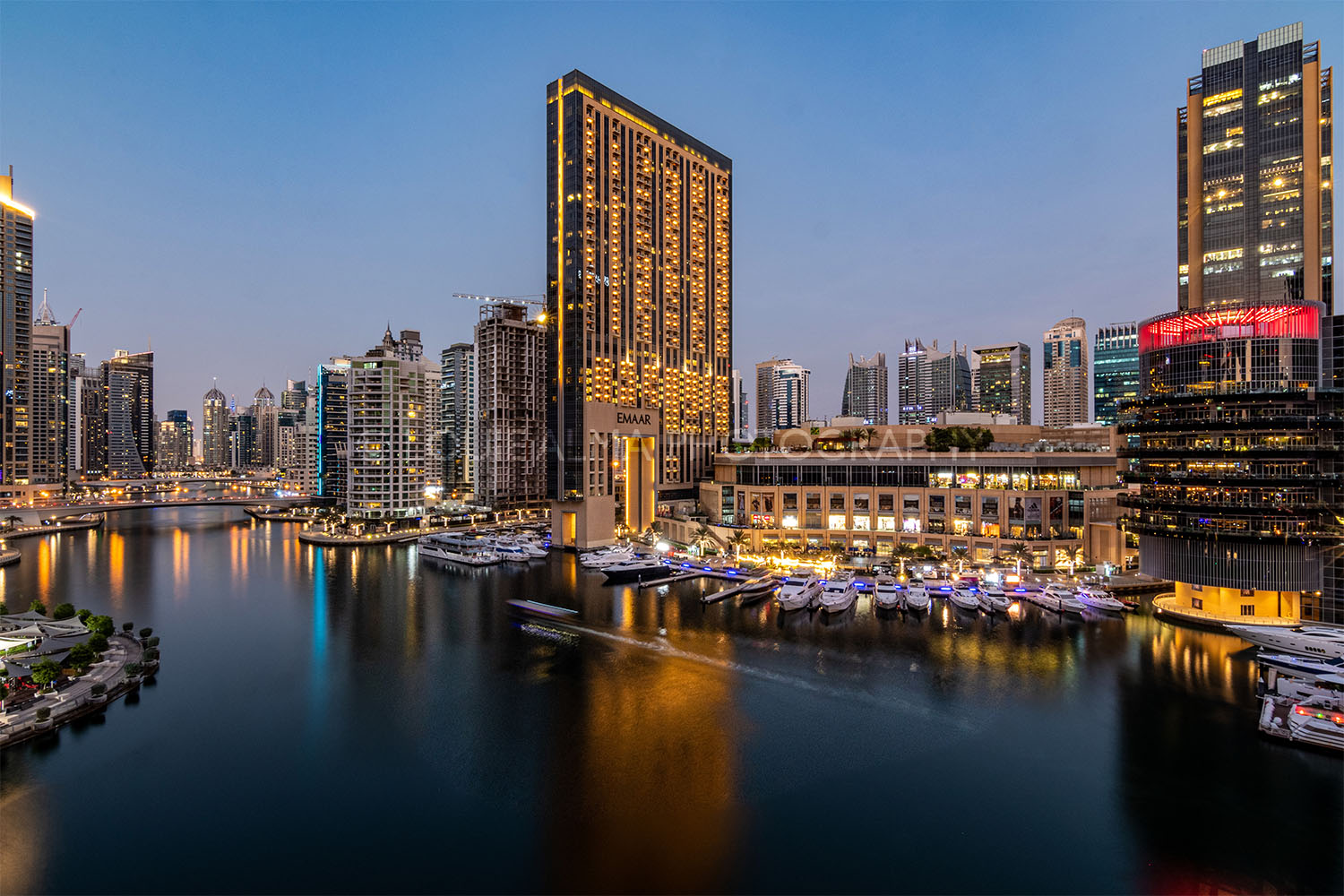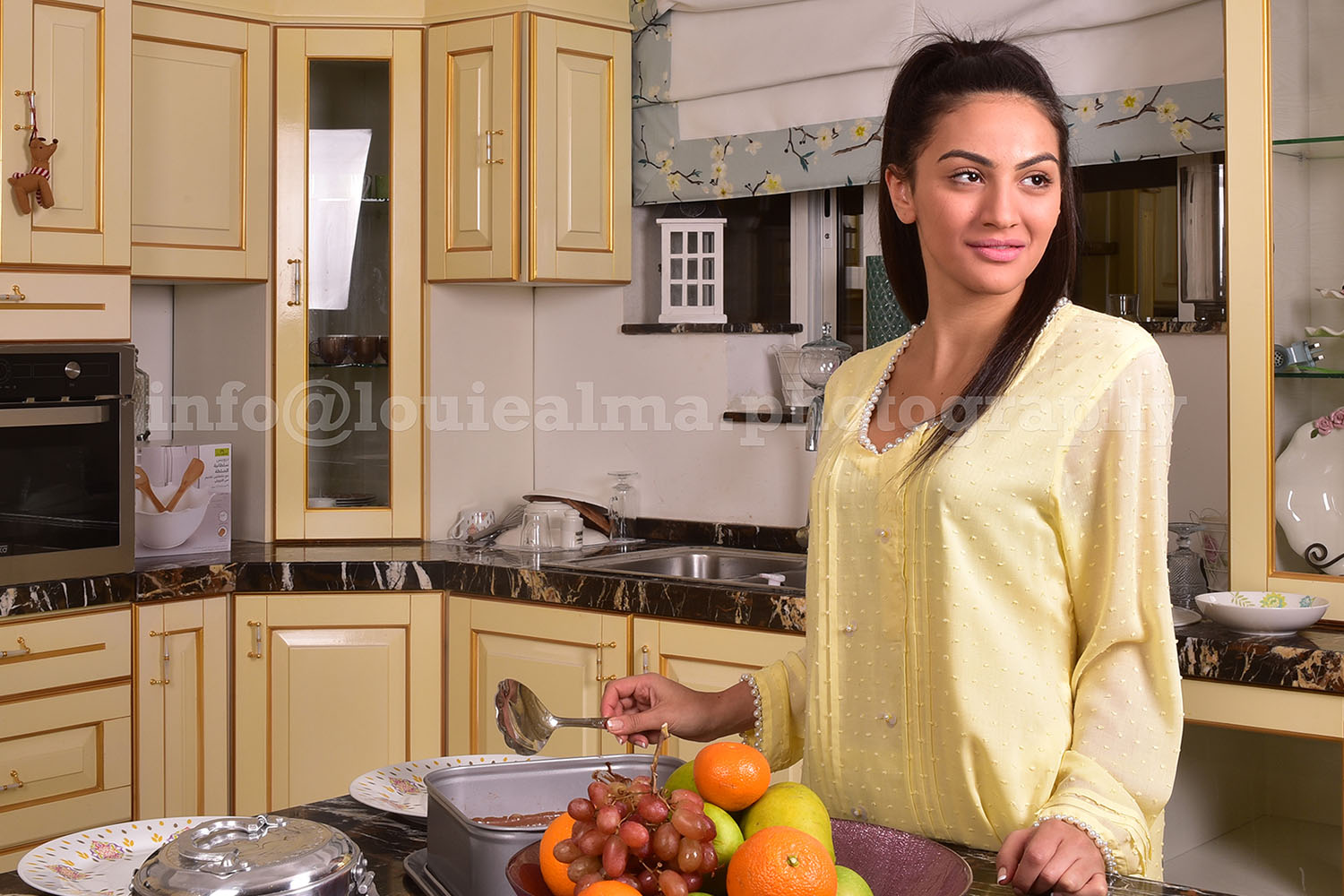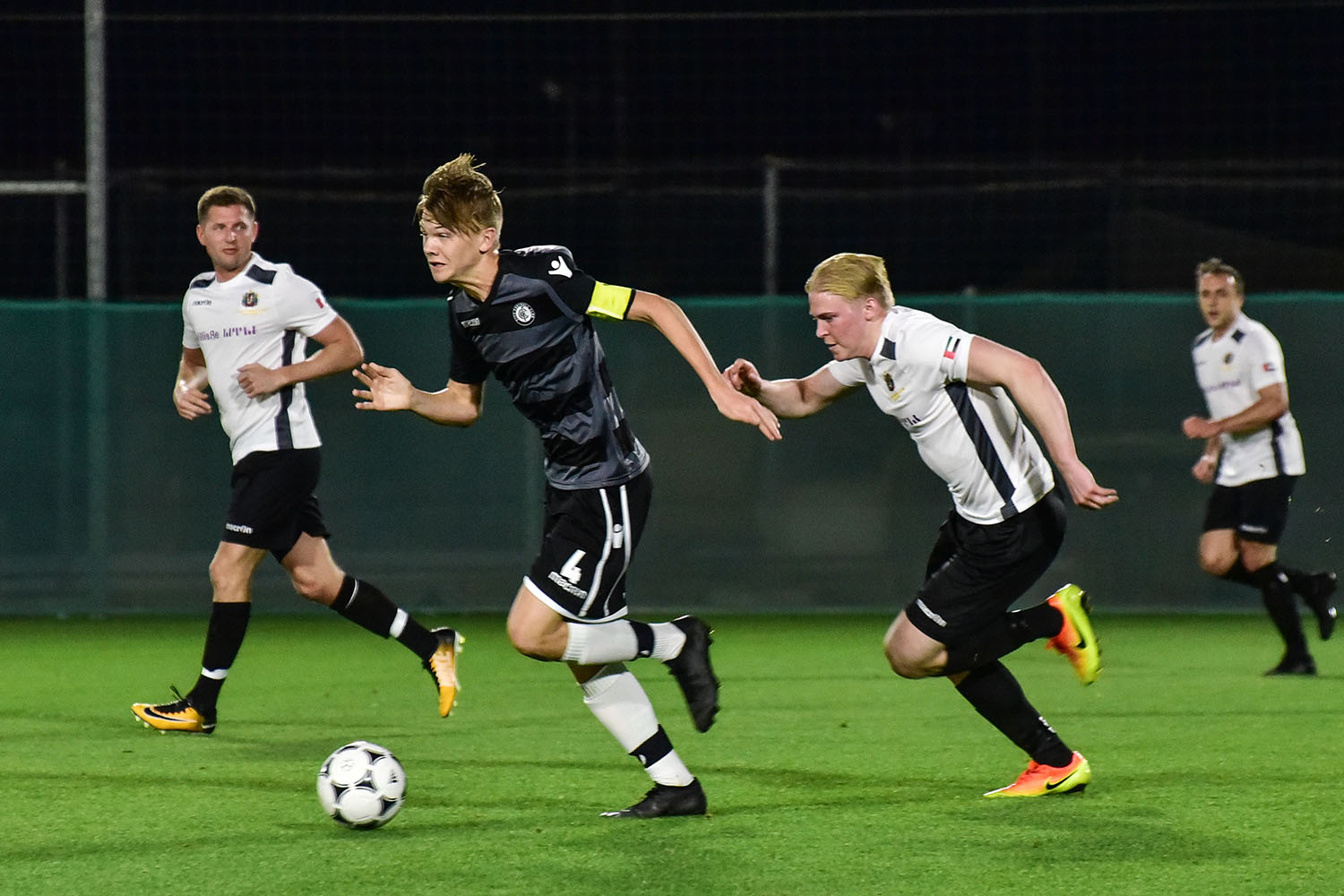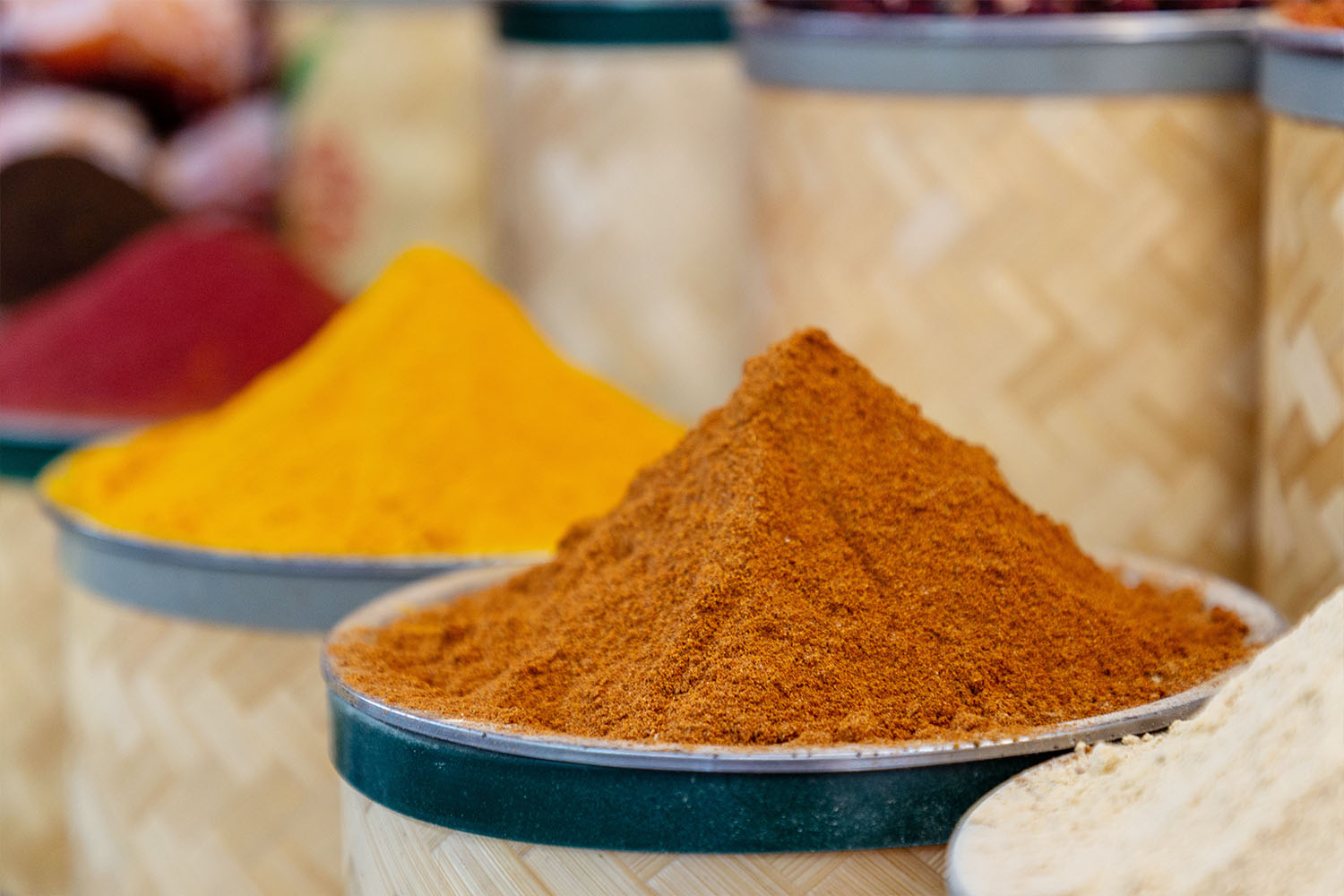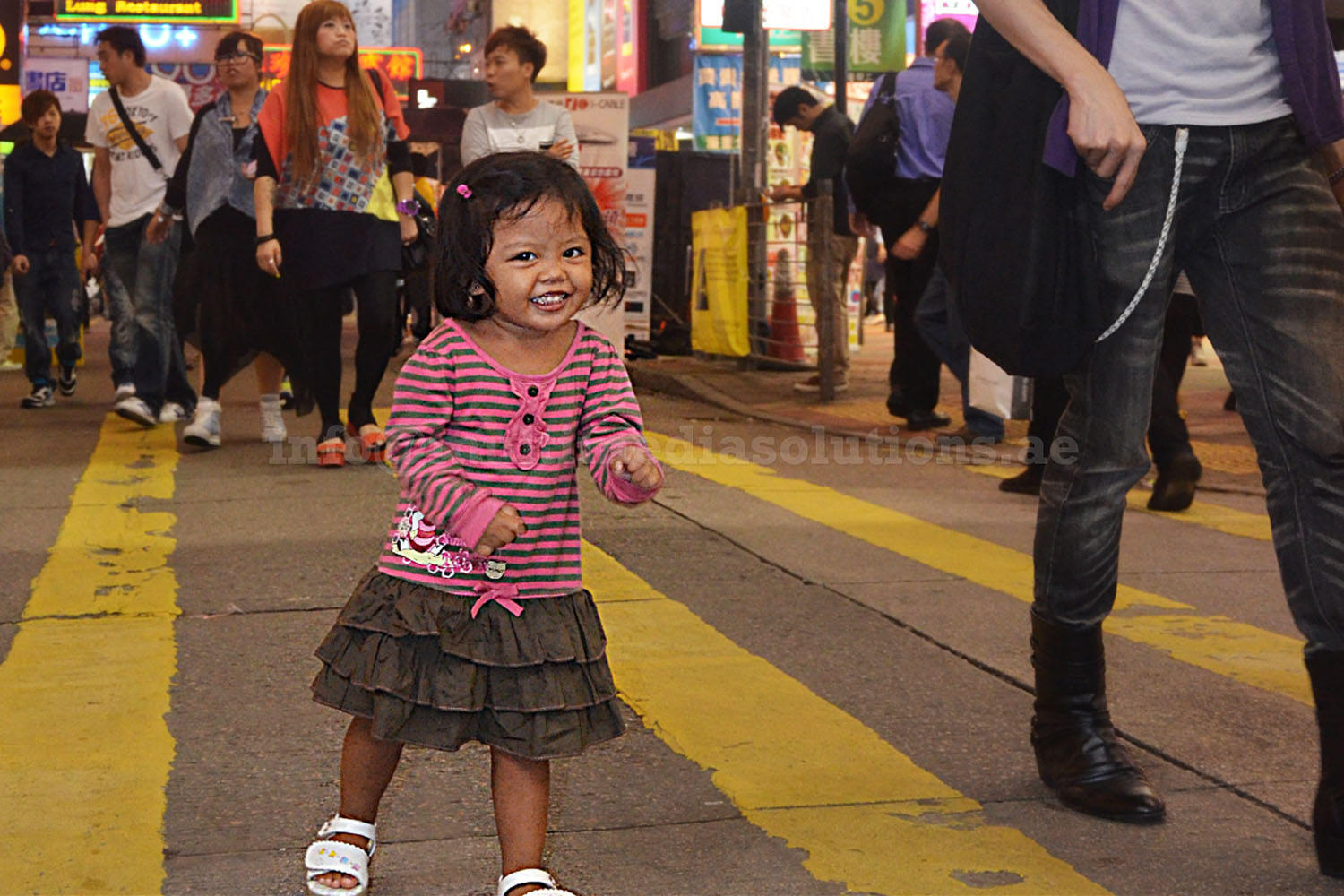TRAVEL DEAL: Puerto Rico, Gran Canaria, Spain 2 Adults – Sunday 30 November 2025 (7 nights) £613pp
7 Night stay at 4* Servatur Puerto Azul Hotel Gran Canaria
for two £613pp
Fly from Luton on Sunday 30 November 2025
The hotel is:
- An easy, breezy 10-minute walk gets you to the beach.
- In the centre of Puerto Rico with restaurants, bars and local shops at your fingertips.
- Just 35 minutes from Gran Canaria Airport.
- Multiple Swimming Pools.
- Adult-only area.
Accommodation
These elegant, beach-inspired rooms will totally give you that R&R that you’re craving. Whether you’re a solo traveller, with the other half, with the whole fam or with the mates, there’s a room type to suit everyone.
Pick from Classic Double, Superior Double, Large Superior Double, Classic Junior Suite, and Family Suites. All room have air conditioning and a balcony or terrace furnished with either sunbeds or a table and reclining chairs.
CHECK AVAILABILITY
The post TRAVEL DEAL: Puerto Rico, Gran Canaria, Spain 2 Adults – Sunday 30 November 2025 (7 nights) £613pp appeared first on The Travel Magazine.



